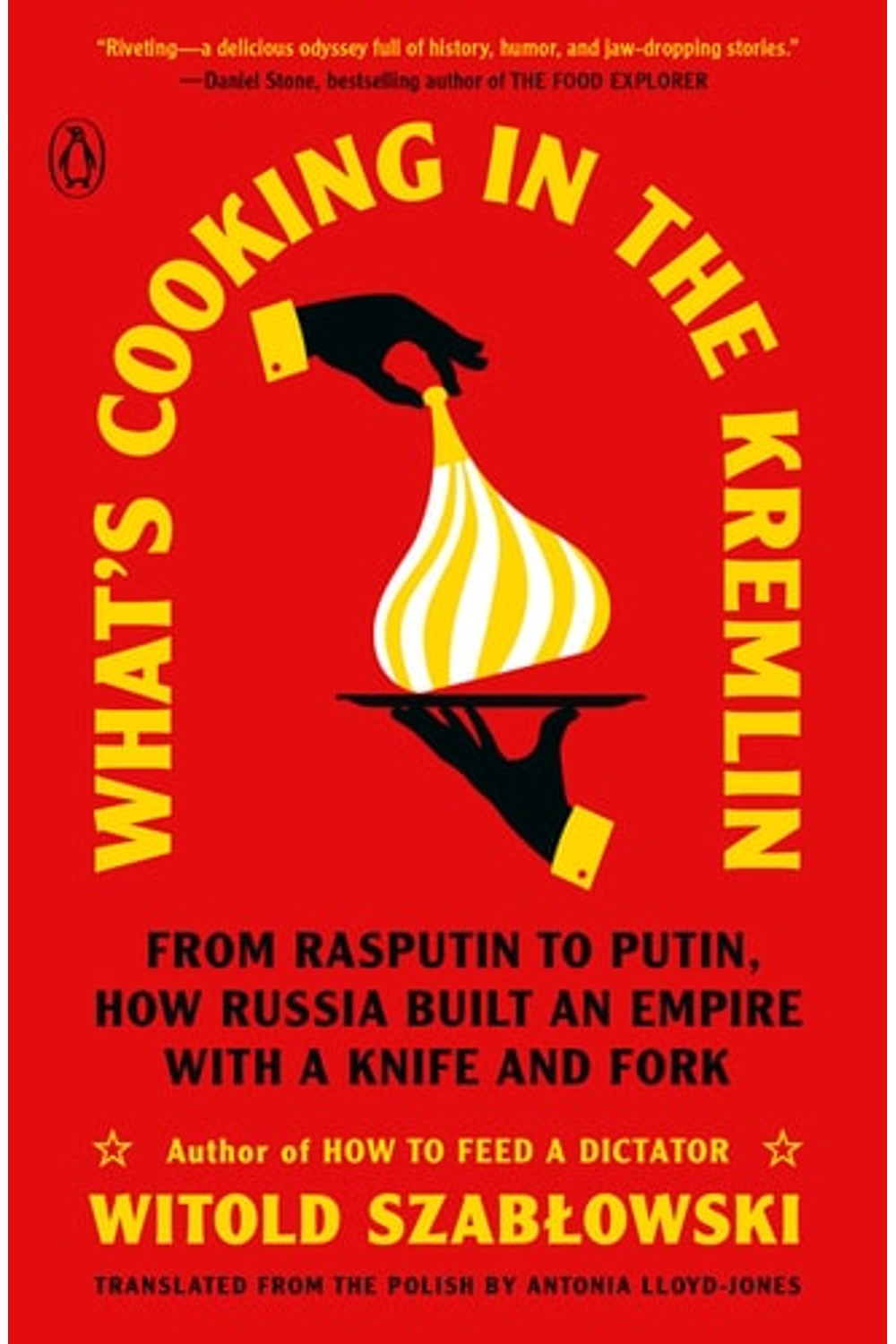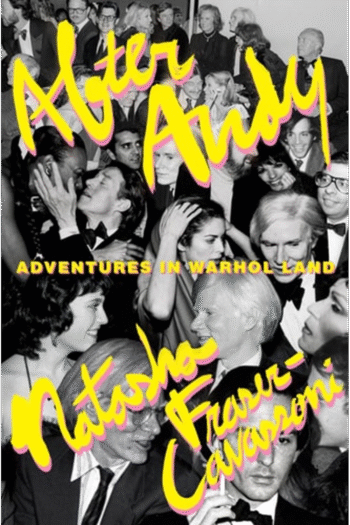Embark on a captivating culinary and historical journey with Witold Szablowski’s “What’s Cooking in the Kremlin.” This isn’t your typical cookbook; it’s a gripping expos that uses food as a lens to examine the inner workings of Russian power, from the Tsarist era to Putin’s reign. Szablowski, drawing comparisons to Anthony Bourdain in style, interviews Kremlin chefs and those connected to the elite’s kitchens, uncovering surprising truths about leaders’ tastes, the use of food as propaganda, and the stark realities of famine and abundance. Discover the dishes that shaped history, from Rasputin’s alleged culinary indulgences to the meals served during pivotal moments of Soviet collapse. Explore meticulously researched details about food policies, the stories behind iconic Russian dishes, and how food became a silent weapon in political battles. Szablowski’s travels across Russia, including restricted areas, bring a visceral element to the narrative, revealing how culinary traditions reflect the nation’s complex identity. With compelling storytelling and a touch of dark humor, this book offers an unprecedented glimpse into the hidden world of the Kremlin and the surprising ways food has influenced Russian history. Perfect for foodies, history buffs, and anyone fascinated by Russia’s enigmatic past and present. Paperback edition.
What’s Cooking in the Kremlin: From Rasputin to Putin, How Russia Built an Empire with a Knife and Fork
22,82 $
In stock
A New York Times Editors Choice
Entertaining . . . A heady mix of propaganda and paranoia . . . [Szabowski writes] sensitively . . . not just about food but also its terrible absence. The New York Times Book Review
Rivetinga delicious odyssey full of history, humor, and jaw-dropping stories. If you want to understand the making of modern Russia, read this book. Daniel Stone, bestselling author of The Food Explorer
A high-spirited, eye-opening, appetite-whetting culinary travel adventure that tells the story of the last hundred years of Russian power through food, by an award-winning Polish journalist whos been praised by both Timothy Snyder and Bill Buford
In the gonzo spirit of Anthony Bourdain and Hunter S. Thompson, Witold Szabowski has tracked downand broken bread withpeople whose stories of working in Kremlin kitchens impart a surprising flavor to our understanding of one of the worlds superpowers.
In revealing what Tsar Nicholas IIs and Lenins favorite meals were, why Stalins cook taught Gorbachevs cook to sing to his dough, how Stalin had a food tester while he was starving the Ukrainians during the Great Famine, what the recipe was for the first soup flown into outer space, why Brezhnev hated caviar, what was served to the Soviet Unions leaders at the very moment they decided the USSR should cease to exist, and whether Putins grandfather really did cook for Lenin and Stalin, Szabowski has written a fascinating oral historycomplete with recipes and photosof Russias evolution from culinary indifference to decadence, famine to feasts, and of the Kremlins Olympics-style preoccupation with food as an expression of the countrys global standing.
Traveling across Stalins Georgia, the war fronts of Afghanistan, the nuclear wastelands of Chornobyl, and even to a besieged steelworks plant in Mariupoloften with one-of-a-kind access to locales forbidden to foreign eyes, and with a rousing sense of adventure and an inimitable ability to get people to spill the teahe shows that a century after the revolution, Russia still uses food as an instrument of war and feeds its people on propaganda.
| Authors | |
|---|---|
| Binding | |
| Condition | |
| ISBN-10 | 0143137182 |
| ISBN-13 | 9780143137184 |
| Language | |
| Pages | 384 |
| Publisher | |
| Year published | |
| Weight | 367 |
Related products
- Additional information
- Currencies
- USD – United States dollar
- EUR – Euro
- GBP – Pound sterling
- CNY – Chinese yuan
- BRL – Brazilian real
- MXN – Mexican peso
- JPY – Japanese yen
- PHP – Philippine peso
- THB – Thai baht
- PLN – Polish złoty
- CAD – Canadian dollar
- MYR – Malaysian ringgit
- AUD – Australian dollar
- TWD – New Taiwan dollar
- CZK – Czech koruna
- SEK – Swedish krona
- HUF – Hungarian forint
- ILS – Israeli new shekel
- CHF – Swiss franc
- HKD – Hong Kong dollar
- DKK – Danish krone
- SGD – Singapore dollar
- NOK – Norwegian krone
- NZD – New Zealand dollar





